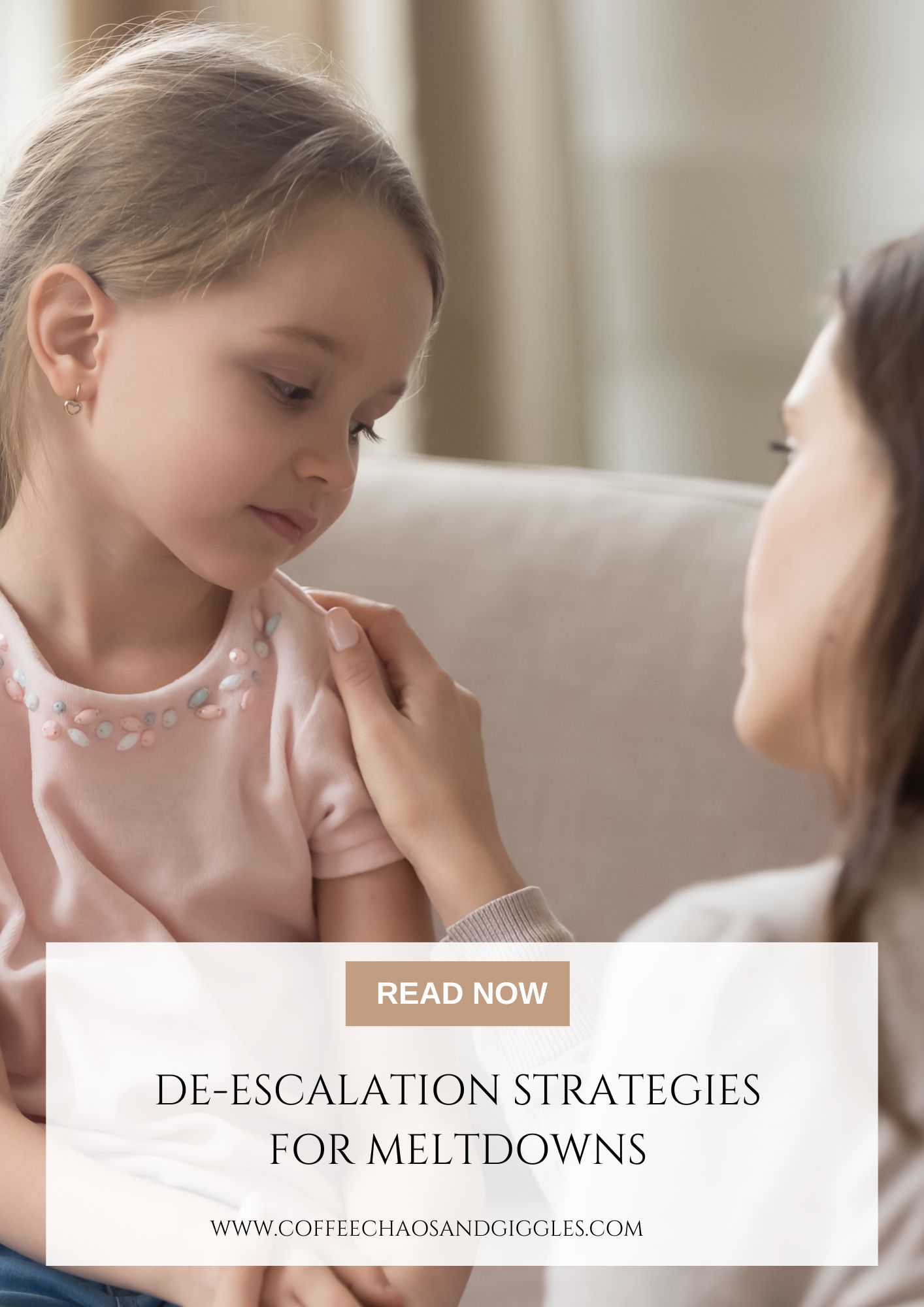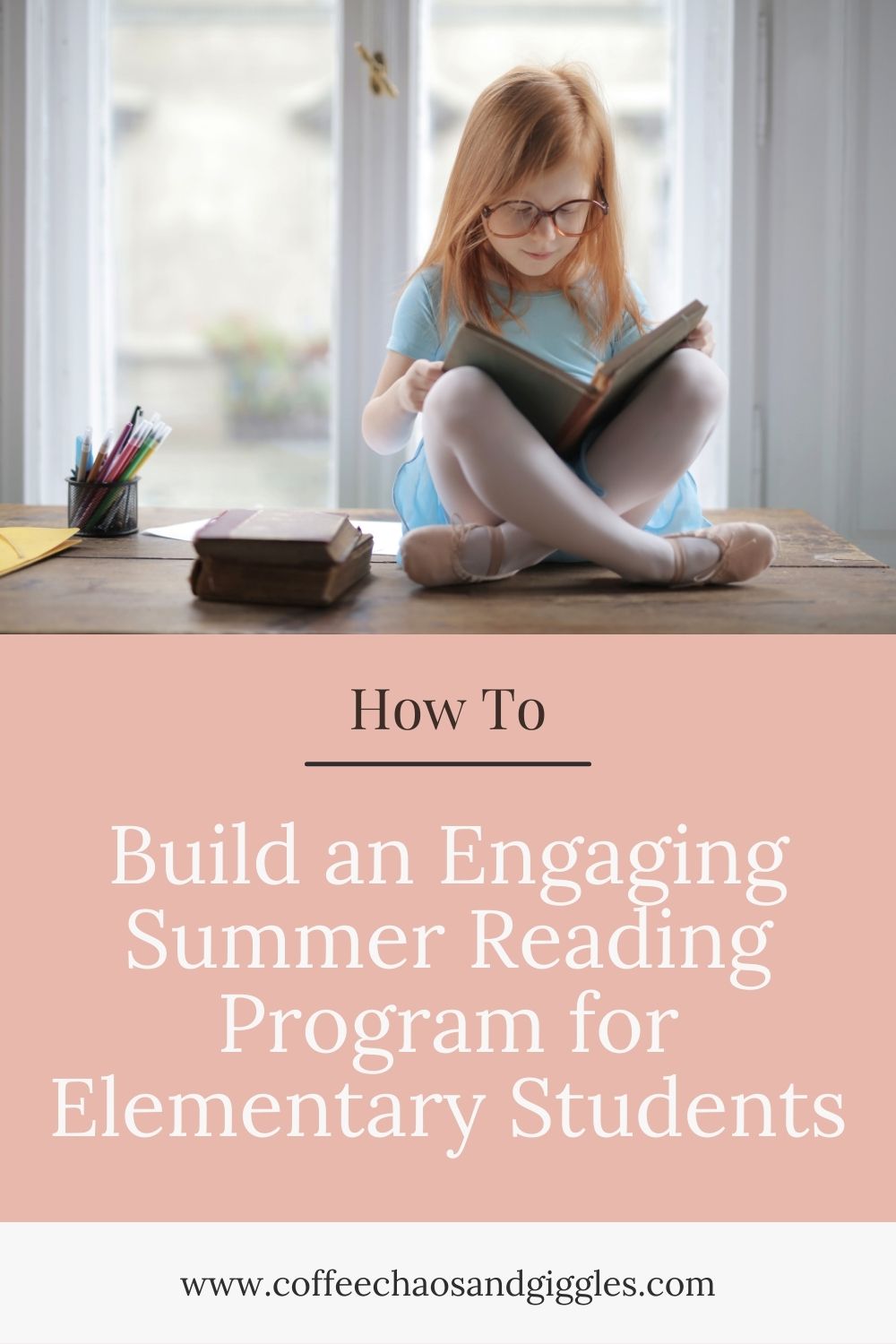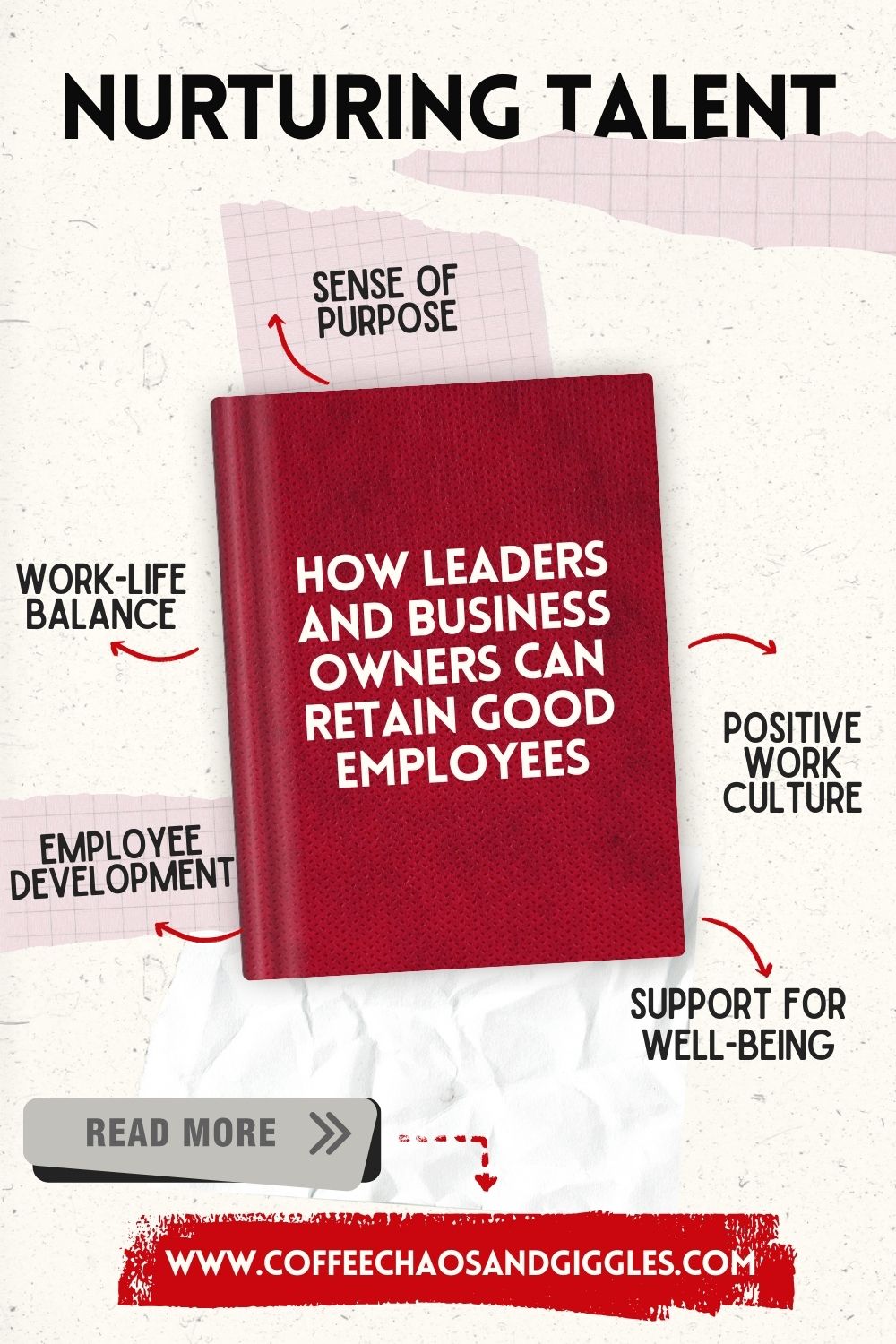Essential Things To Know About Your Child’s ADHD Diagnosis
Although I’m in the early stages of a potential and very likely ADHD diagnosis for my son, I can certainly attest to the fact that I have suspected an ADHD diagnosis would be coming. There have been warning signs for quite some time.

Here are some of the signs and symptoms I saw that made me question whether my son had ADHD:
Constant Interruption
- Children with ADHD might constantly interrupt others or games that they’re not part of in order to get attention or feel more involved.
Self-focused behavior
- ADHD children might have an inability to recognizing other’s needs or desires which leads to interrupting of others and also might lead to trouble waiting their turn.
Trouble waiting their turn
- Whether its waiting their turn when it comes to playing a game or during an activity, kids with ADHD struggle to wait their turn behind their peers or friends.
Fidgeting
- Children with ADHD have a very difficult time sitting still and are often fidgeting. They may get up, walk around, squirm or fidget in their chair.
Emotional
- Children with ADHA might also struggle to control their emotions.They might have emotional outburst that appear unprovoked and when questioned as to why it happened, they seem to not know why.
Not task oriented
- Children with ADHD may have interest in many things, but may start different project but rarely finish them.
Problems playing quietly or by themselves
- Kids with ADHD have a hard time playing quietly to engaging in calm activities because they fidget a lot. They often struggle to play by themselves often for the same reason.
Focusing Issues
- A child with ADHD may have problems paying attention. When speaking directly to them, they’ll say that they heard you, but when asked what was said, they won’t be able to repeat it back.
Mistakes
- Mistakes can be common thing for children with ADHD as they have issues following instructions that require planning or executing plans. Kids with ADHD can get careless due to laziness or poor planning which can lead to these mistakes which could otherwise be prevented.
Lack of Organization
- Children with ADHD aren’t typically the most organized individuals and because of this they struggle keeping track of tasks which can cause problems at school and prioritizing homework, projects and other assignments. This can also lead to necessary tools being misplaced that are important for common day to day things such as school supplies like a pen and paper for class.
Forgetfulness
- Children with ADHA may be more forget in their daily activities. They may forget to do their homework or their daily chores. They may leave lights on or lose things more easily.
As children get older, these symptoms progress and change. Some improve, some get worse and others disappear entirely. From the research I’ve conducted and learned, it’s really all over the place, but I do know that I want to get a really solid handle on them all as soon as possible to better equip myself for the journey ahead.
Now, my son does not have all of these signs and symptoms, but he does certainly have quite a few. With the changes in his educational learning and it being mostly remote learning, many of these have become more apparent. He’s become increasingly less capable of sitting still and his ability to focus has become a huge issue. Not only has his teachers pointed this out, but his father and I have noticed it as well. It’s become disruptive to himself and his peers. As I started researching ADHD more, and as I started suspecting the diagnosis more, I became more and more convinced that my son’s behaviors were a directed correlation of ADHD.
It became apparent to me that I had to look into it further, and thus began the process to getting my son looked at to see if he indeed was ADHD. Now, I will note that we are still pending a diagnosis as we are still waiting to see his pediatrician, but I think it’s important to still talk about ADHD because I think more and more parents are noticing changes with their children amongst COVID. Now, it’s also important to point out that it’s not all related to a potential ADHD diagnosis, but I think it’s important that we all have a conversation with our children and really try to understand where their heart and head are at. Ask how they’re doing. Ask them how they’re really doing. Understand where they’re struggling. Understand where they’re excelling. It wasn’t until I really sat down and listened and watched that I discovered that my son was a bit different, and it was a bad different, just different. I then reached out to his teachers and got their input and asked about his mannerisms, his emotions, his struggles, his successes. I wanted the whole picture. And I got it. And now I understand.
In my heart, I believe my son has ADHD. And, in my heart, I feel like I’ve known it for quite some time. Selfishly, I didn’t want to admit it because I already have a son with a disability, and I saw this as one more “thing” I had to “deal” with. Judge me. I get it. I’m a crap mom. But, I’m also a very overwhelmed mom. I didn’t know if I could handle helping a deaf son and an ADHD son, but now, after hours of research and speaking with other moms who have children with ADHD, I know that I can.
Here are a few basic things about ADHD:
Basic Facts:
- ADHD is a complex brain functioning pattern
- It’s a chronic condition, not totally changeable, but adjustable
- Diagnosing ADHD is a complex and sometimes lengthly process
- It’s highly genetic
- There’s not one single factor that causes it
- If not treated properly (via coaching or medication) difficulties are highly likely
- It’s there at birth, but often diagnosed in childhood typically around the age of 6 or 7.
- Early and consistent intervention makes a huge difference
- ADHD is a common, non-discriminatory disorder
- Other mental health conditions often occur along with ADHD such as anxiety disorders, depression or sleep disorders (as examples)
- ADHD is NOBODY’S fault
So, with all that said, here’s what I know thus far.
If my son has ADHD, which at this point I am fairly confident that he does, I will support him and be his number one advocate. I will educate myself and others on ADHD and will learn to grow with him and work through it with him. As a parent who doesn’t have a complex neurodevelopment disorder, I now see why I have a hard time sitting down and working with my son on his homework. I do not have a difficult time focusing on completing tasks, so I struggled to understand why he did. I’m kind of kicking myself now because I have always wanted to discipline or raise my voice in dissatisfaction for his poor behavior and distraction issues, instead of really trying to determine the cause if it all.
I’m a bad mother. I. Get. It.

Look, we all make mistakes. But, we also learn from them. I’ve learned that I need to trust my gut, put my momma pride to the side and be an advocate for my children and get the help they need and deserve.
And that’s what I’m doing.
To all the other parents out there who are finding themselves on a similar journey of unknown, know that you’re not alone. I see you. I’m here for you. And we got this.
Here are some resources that are helping me learn more about ADHD and is currently helping my son:
Disclaimer: The content within this blog, Coffee Chaos and Giggles, is not intended to be a substitute for professional medical advice, diagnosis or treatment. Always seek the advice of a physician or other qualified health provider with any questions you ma have regarding a medical condition.





